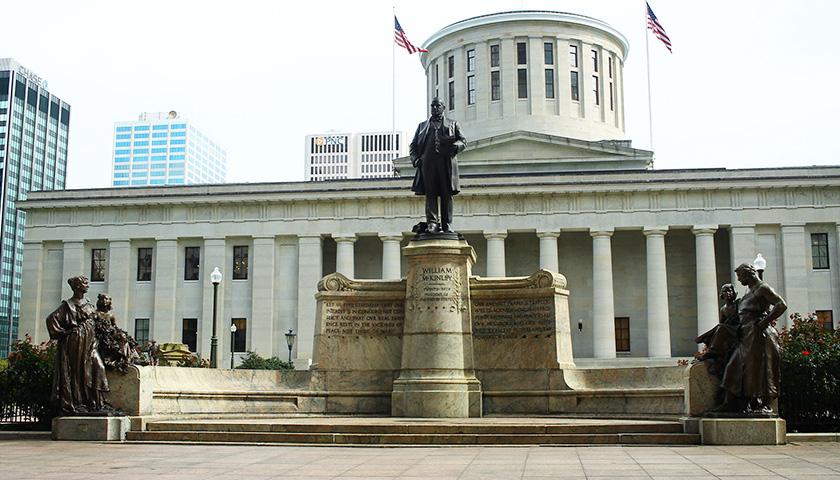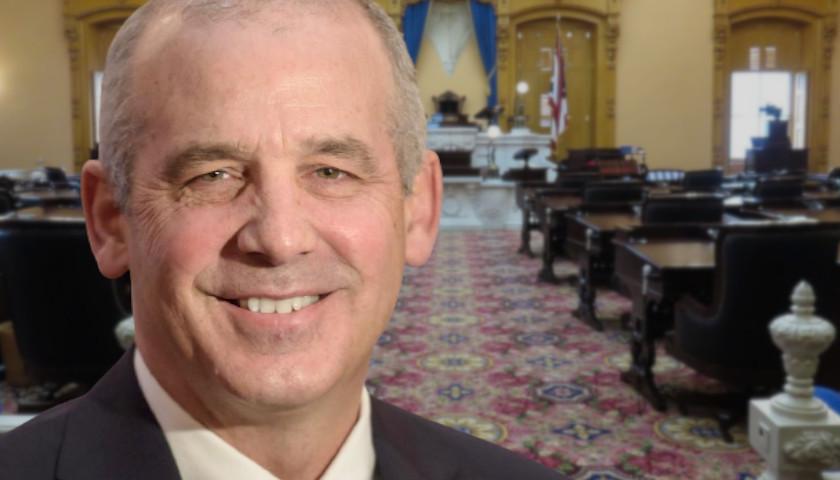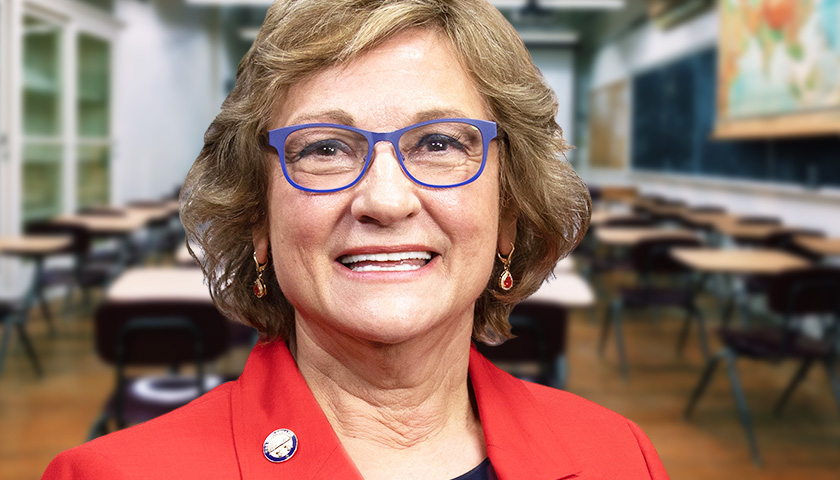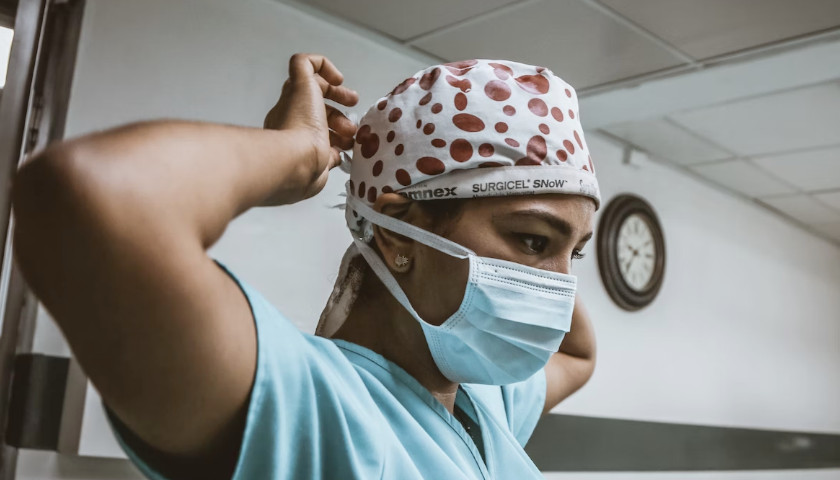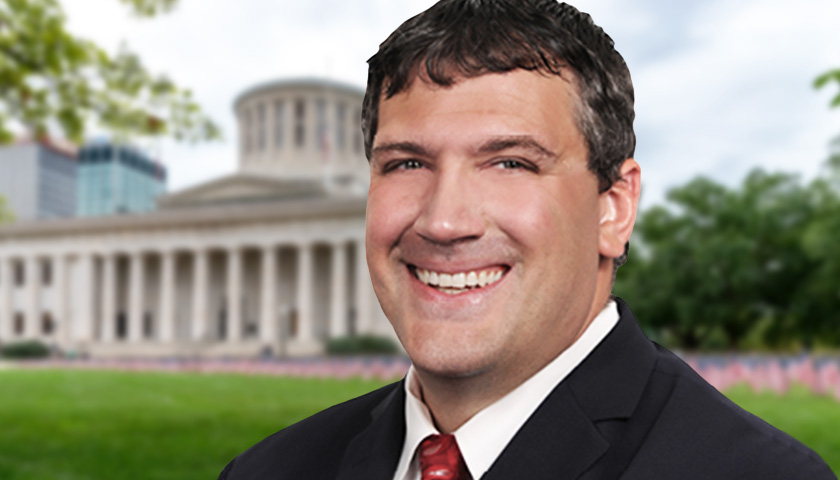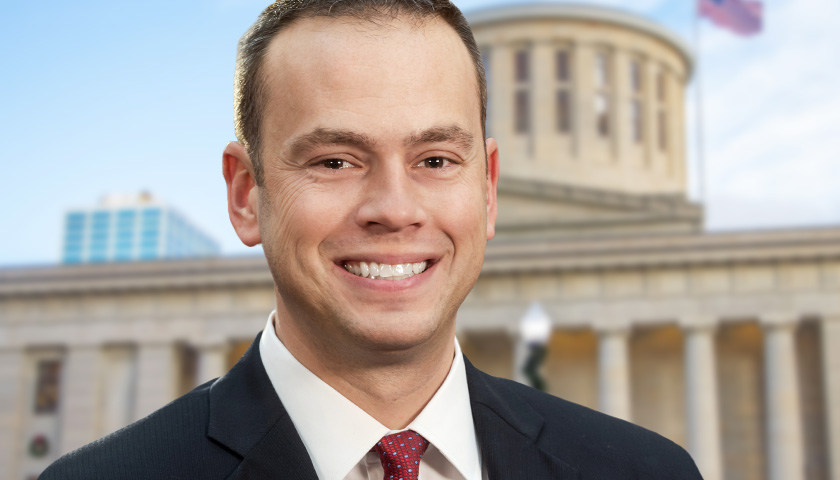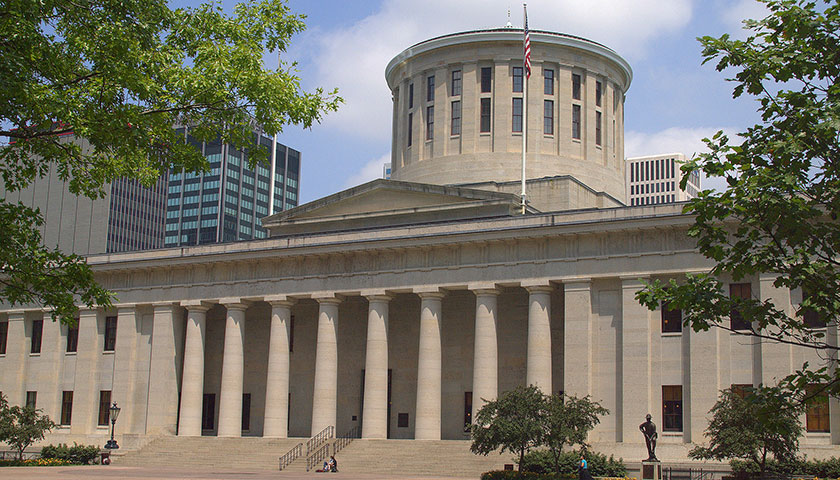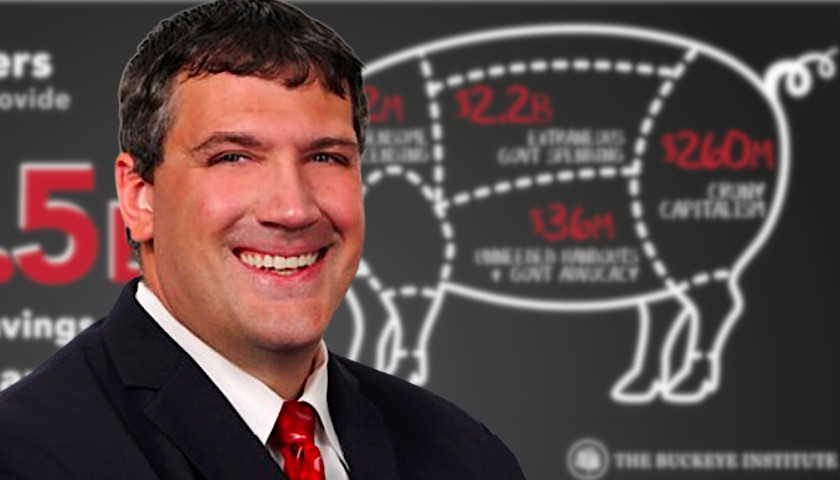The Buckeye Institute released its annual Piglet Booklet Wednesday, which identifies wasteful government spending across state agencies that could save Ohio taxpayers $2.5 billion. “In this year’s Piglet Booklet, The Buckeye Institute identified at least $2.5 billion that policymakers can save Ohioans. And with the increase in the gas tax, it is critical to cut spending and taxes to relieve the growing burden on Ohio families,” said Greg Lawson, research fellow at The Buckeye Institute and author of the report. “Making these cuts will save Ohio taxpayers money, make government more efficient and effective, and keep the state on solid financial ground to better weather the next economic storm,” Lawson continued. The Piglet Booklet identifies four key areas where government spending and oversight can be reduced, including corporate welfare programs, government philanthropy and advocacy, burdensome occupational licensing regimes, and earmarks in spending bills. “Governments should not engage in crony capitalism by supporting one private company over another—it is ethically inappropriate and economically harmful,” the report says of the corporate welfare category. It identifies eight different “corporate welfare programs that should be eliminated,” such as the $3.1 million that is used to conduct “marketing on behalf of the state’s wine grape…
Read the full story

